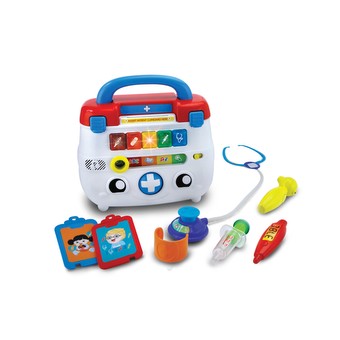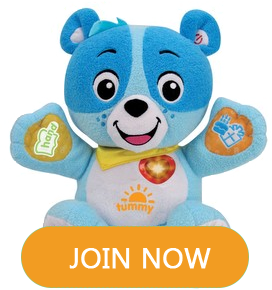Why Join VTech Club?
Joining is free, fast and full of great benefits, such as:
- Promotions and offers
- Monthly £1,000 prize draw*
- Regular competitions
- Special offers for our members
Added benefits
- Register your VTech products
- Apply to be a Product Tester
2-5
YEARS
Pretend & Learn Doctor's Kit
£22.99
Temporarily unavailable to purchase online,
for more information please call 03306780149
for more information please call 03306780149
- Interactive medical play set with five medical tools, two patient cards and a storage case for fun on the go!
- Features light-up buttons that introduce medical tools, colours and objects, rolling ball that activates fun moving eyes on the friendly doctor’s bag.
- Pop a patient card into the top of the Doctor’s kit and help them get better by following the instructions!
- Also includes a quiz mode that helps reinforce learning by asking questions about medical tools and more.
- Encourages language development and role-play.
Best for ages:
2 to 5 Years
Highlights
Interactive medical play set with five medical tools and two, interactive patient cards! Light-up buttons introduce medical tools, colours and objects.
Description
Care for and cure your patients! The Pretend & Learn Doctor's Kit by VTech® is an interactive medical play set with five medical tools, two patient cards and a storage case for fun on the go!
Features light-up buttons that introduce medical tools, colours and objects, rolling ball that activates fun moving eyes on the friendly doctor’s bag. Pop a patient card into the top of the Doctor’s kit and help them get better by following the instructions! Also includes a quiz mode that helps reinforce learning by asking questions about medical tools and more. Encourages language development and role-play.
- Product Number: 80-178303
- 2 x A Batteries Required



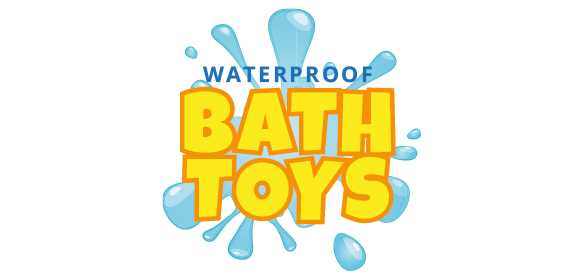
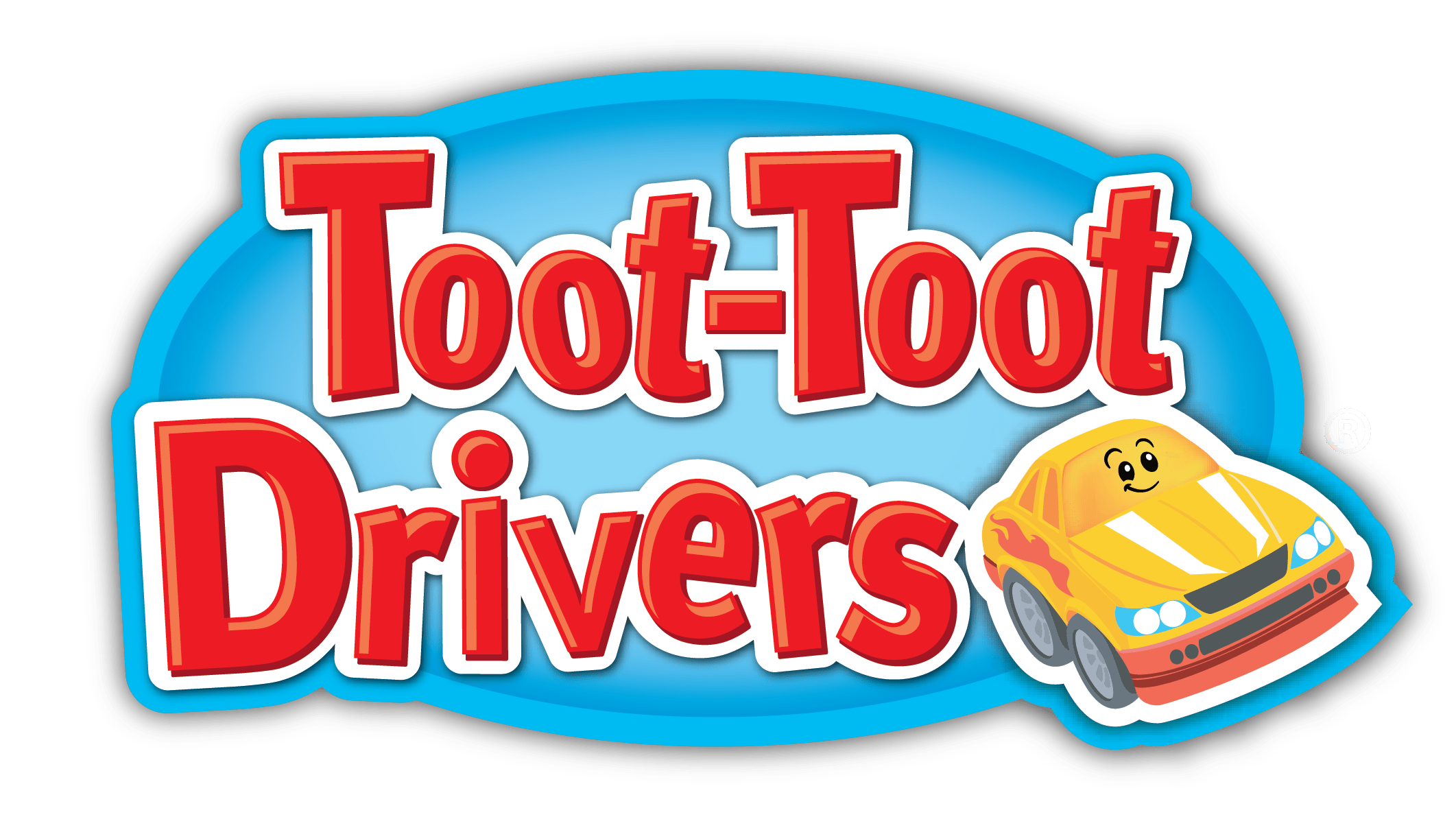



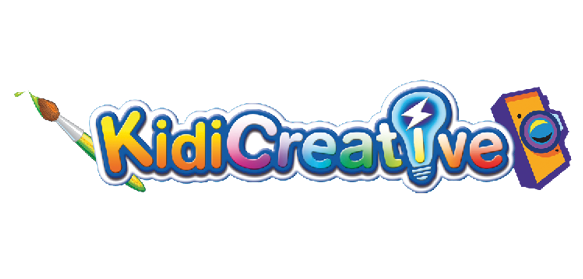

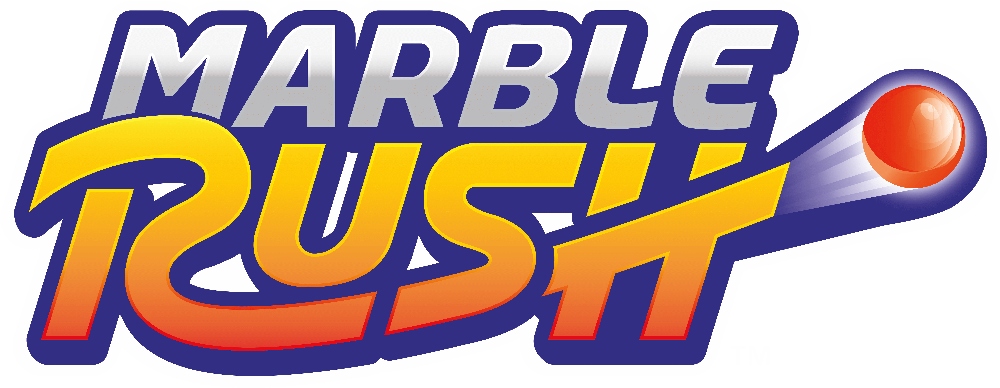

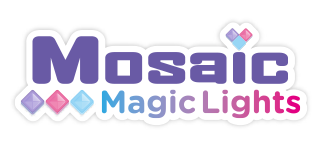
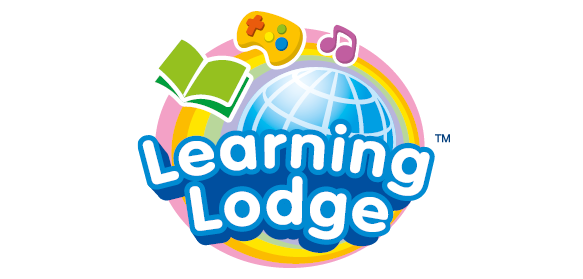 Download
Download

